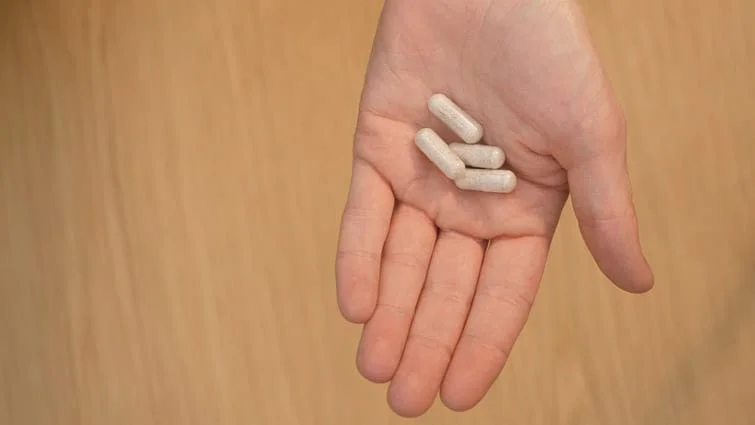
In a world where the relentless pursuit of health and happiness has you going a hundred miles per hour, it can be hard to “switch off” at the end of the night. This difficulty is the reason the sleep supplement market was born, and has been increasing in interest and value in recent years, with people questioning whether the answer might come in the form of a supplement bottle. Others are turning away from sleeping pills with a host of risk, including dependency, for a more “natural” solution.
So, on March 14, researchers at Rosalind Franklin University of Medicine and Science in Chicago published a review article in the American College of Lifestyle Medicine about the most common supplements people take for insomnia in particular. (1)
Their findings revealed the most popular three supplements for insomnia: Lavender, melatonin and valerian. The researchers warned that “while there are many supplements that claim to have sleep benefits, clinical data supporting such claims are not always present.” They also acknowledge the potentially crippling impacts of insomnia, calling them “very disruptive” to a person’s health, and general quality of life.
Here’s a look at what these supplements are, how people are using them, and if they have been proven to work. As the researchers point out, insomnia can be “very disruptive” to a person’s health and quality of life, so it’s worth considering all the options.
Lavender
People have been turning to lavender for centuries, and in 1652 a doctor even pointed to its efficacy for “all the griefs and pains of the head and brain” as well as a toothache. But can it help with insomnia? The answer is in the fact that it’s long been used to treat anxiety, which is sometimes a major contributor to insomnia. One study has shown that taking oral lavender oil works as well as a low dose of the sedative lorazepam. (2) Another older study revealed participants feeling more rested and energetic after a night’s sleep with the help of this herb. (3) For those with chronic pain or swelling, it might relieve these issues enough to help you doze off. At the very least, it smells amazing.
Melatonin
One of the most widely used and hotly debated sleep herbs is melatonin. The hormone, a short-acting one already produced in your brain, regulates your sleep-wake cycle, so some have found taking additional melatonin than what your body produces on its own to be helpful for kids and adults alike. In fact, a 2023 study shows that at least half of parents have given it to their kids. Others worry that it might be harmful to other systems of the body, such as the gut, though research is mixed. But, before you start experimenting, beware — 2023 research analyzed 25 brands of melatonin supplements and found 22 contained varying ranges than what was advertised on the bottle, even up to 347 percent.
Valerian
Potentially the least well-known of the most popular sleep supplements is Valerian, or Valerian Root, originating in Europe and considered a long standing natural remedy for insomnia and other nervous disorders, experts say. It might increase the amount of GABA, a neurotransmitter that helps reduce anxiety. So, those spinning thoughts popping up right at bedtime might not prevent sleep. Some research has even pointed to its ability to cause lucid or vivid dreaming.
But, before you start using supplements, talk to your medical team about what’s right for you — after all, as the saying goes, what’s popular is not always right.
Sources
1. Chabo A, Srivastava SB. Catching ZZZs: A Summary of the Most Common Herbal Medications Taken for Insomnia. American Journal of Lifestyle Medicine. 2024;0(0). doi:10.1177/15598276241232953
2. Koulivand PH, Khaleghi Ghadiri M, Gorji A. Lavender and the nervous system. Evid Based Complement Alternat Med. 2013;2013:681304. doi: 10.1155/2013/681304. Epub 2013 Mar 14. PMID: 23573142; PMCID: PMC3612440.
3. Goel N, Kim H, Lao RP. An olfactory stimulus modifies nighttime sleep in young men and women. Chronobiol Int. 2005;22(5):889-904. doi: 10.1080/07420520500263276. PMID: 16298774.

























